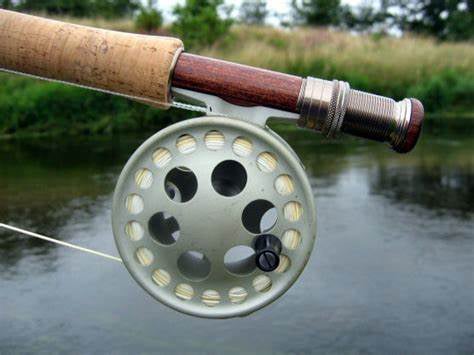The Art of Fly Fishing: A Beginner's Guide
Fly fishing is often considered one of the most challenging and rewarding forms of angling. It involves using a specialized rod and weighted line to cast a nearly weightless lure, known as a fly, to mimic the natural food sources of fish. This technique requires a unique casting method that differs from conventional fishing, making it a skill that many anglers aspire to master. Whether you're a complete novice or have some experience with other fishing methods, learning the art of fly fishing can open up new opportunities and enhance your enjoyment of the sport.
One of the first steps in learning fly fishing is selecting the right gear. A fly rod and reel are essential, and choosing the appropriate weight and length will depend on the type of fish you're targeting and the conditions you'll be fishing in. Flies come in various sizes and patterns, each designed to imitate different insects or baitfish. Understanding the lifecycle of aquatic insects and matching your fly to the current hatch can significantly improve your chances of catching fish. Additionally, investing in quality waders and boots will keep you comfortable and safe while wading in the water.
Mastering the fly casting technique is crucial for successful fly fishing. Unlike conventional fishing, fly casting relies on the weight of the line to propel the fly forward. This requires a rhythmic motion that involves accelerating and stopping the rod at precise moments. Practicing your casting on open water or in a park can help you develop the muscle memory needed to execute smooth and accurate casts. As you become more proficient, you can experiment with different casting styles, such as roll casting or double-hauling, to adapt to various fishing situations.
Reading the water is another essential skill for fly fishing. Understanding how to identify productive fishing spots can greatly increase your chances of catching fish. Look for areas with structure, such as logs, rocks, or weed beds, where fish may be hiding or feeding. Pay attention to water currents and seams, as these can concentrate food and attract fish. Observing the behavior of insects and other wildlife can also provide clues about where to cast your fly. By combining your knowledge of fly selection, casting techniques, and water reading, you can become a more effective and confident fly fisherman.
Fly fishing offers more than just a way to catch fish; it's an opportunity to connect with nature and challenge yourself. The sport requires patience, skill, and a deep understanding of the environment. As you spend more time on the water, you'll develop a greater appreciation for the intricacies of aquatic ecosystems and the role that fish play within them. Whether you're fishing in a remote mountain stream or a bustling river, fly fishing provides a unique and rewarding experience that can enrich your life in countless ways.
